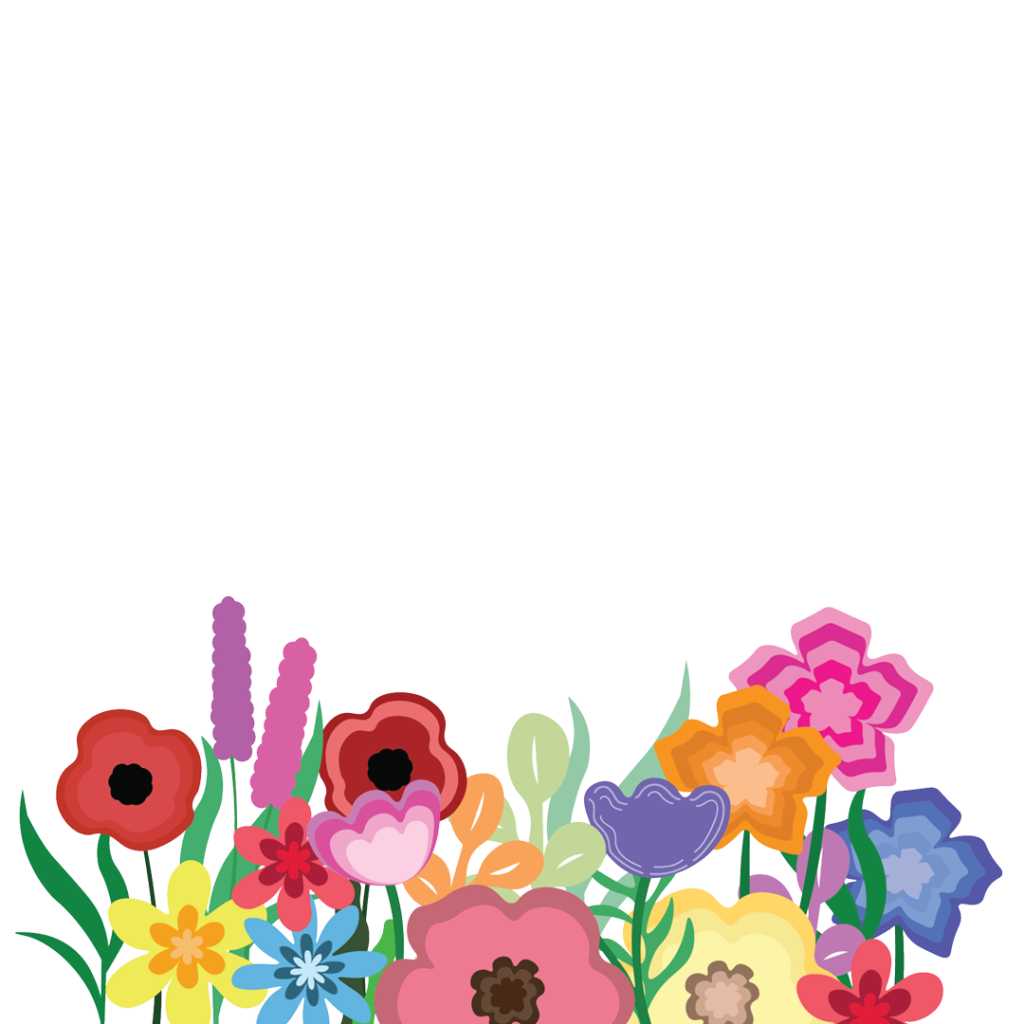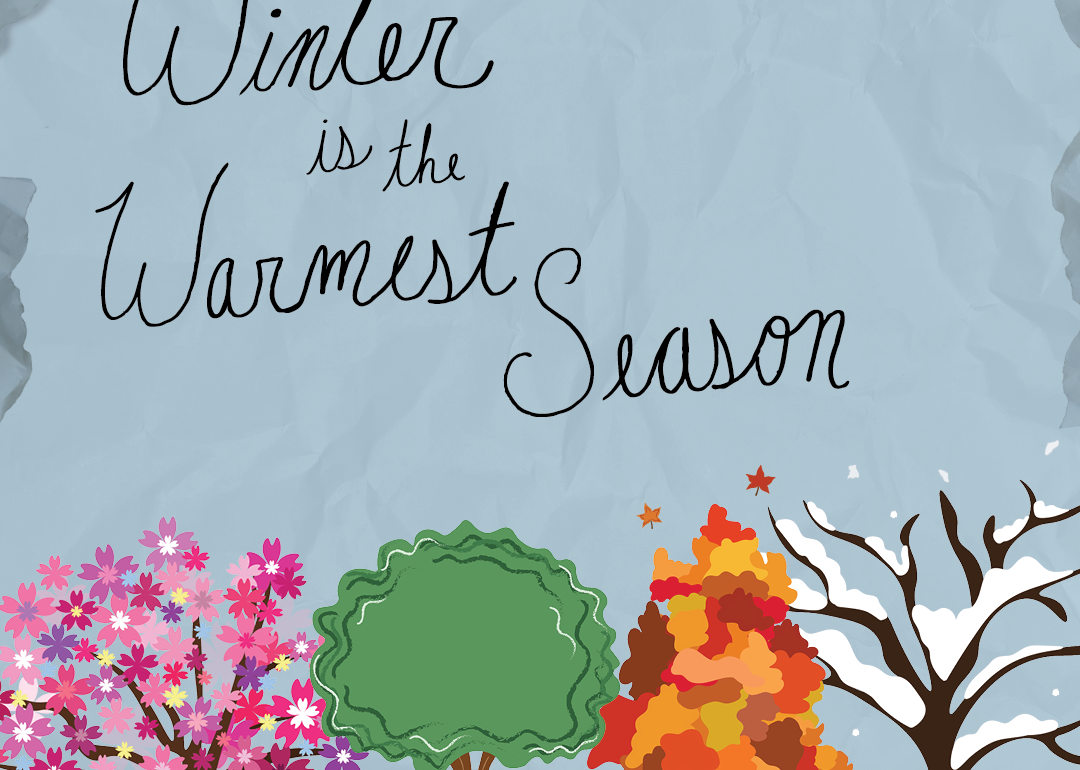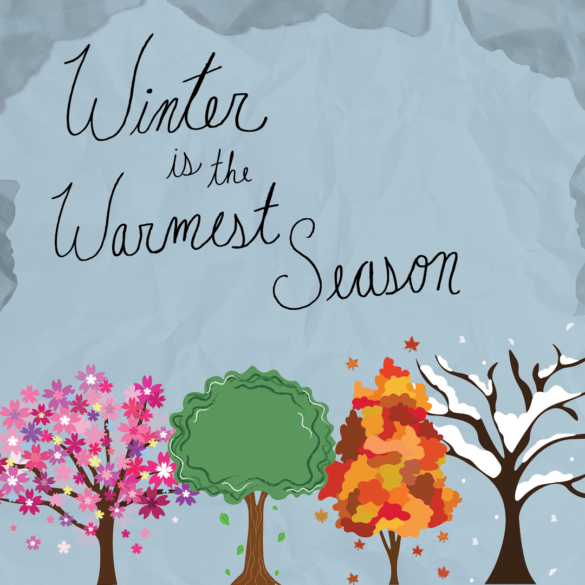All my life, I have walked around telling everyone my favorite season is summer. It would not be a lie if I still did. When I close my eyes on a difficult day, I think about those afternoons I spend in the pool with my cousins. Those were the summers when my dad mowed the lawn and my mom cooked dinner.
High school began to get rough as the pressure of attending college loomed over me like a pestering cloud. I rarely saw my mother because, after her divorce from my father, she was busy working for a small pizza place in the heart of Gary, Indiana. When she could find time away from her private life, she came to see me two towns over at my dad’s place. Nothing could prepare me for the random Thursday evening my mom stopped by unannounced.
Gray clouds cover the sky and lightning brews in the distance when I hear a light knock at the door. I open it and see the small frame of my mother buried in an oversized, black sweater. Her hair is pulled into a tight bun, and both eyes dip into the dark circles surrounding them. It’s been weeks since I last saw her, and I swore it was a stranger standing on my porch.
“Can I come in?” She asks.
I almost scoff at the ridiculous question. How peculiar it feels for her to ask permission to enter what was once her home.
“Dad’s not home if that’s why you stopped by,” I say.
“I stopped by to see you,” she snaps. Her eyebrows then falter; her face drops into a sorrowful expression. “I actually have some really bad news.”
In my room, I lay my head on her bony lap while she uses her long nails to soothe me.
It becomes dead silent. I stiffen my body and hold my breath while I wait for her to say something, anything. She turns her head in one direction and looks vacantly at the teal wall. Her eyes glaze over, and she begins to take deep, careful breaths.
“I got some test results back from the doctor today,” she says faintly.
I sit up in my lumpy bed and put my hands on my mother’s. My eyebrows press together as I await the long-anticipated bad news.
“They found cancer,” she says flatly.
I stand to my feet with a swift motion and look at my mother in utter disbelief. I feel my toes tingle and the lights flicker.
The thunder booms in the distance, and I become increasingly aware of the concept of living nightmares. The rain starts to pour down on the house, and the simple hymn of the dribbles numbs my mind. The hallways remain dimly lit and motionless. The vehicles outside remain in transit, and the numbers on the clock do not falter. I swallow the feelings, the crushing realization that the entirety of what was next to come would change me, undoubtedly.
My mom returns to her regular activities after that, as if she never disclosed dreadful news to me that harrowing night. I stop meeting my friends and stayed home instead. Summer no longer serves as the sun-filled getaway I always loved. It is suddenly sweaty thighs and quick swipes to a mosquito. It is the sweltering heat that pools in the back of your shirt, and it is the time of isolation. Without the distraction of school, summer is spent rotting away in the delicate crevices between my comforter and stuffed animals.
During this time, what distresses me tremendously was trying to live a normal life knowing my mother’s presence was dangling between the hands of a clock counting down. So, I live in denial, and I live joyfully.
I know happiness because I know ignorance.
During the fall, I decide to move in with my mother. My mother is ecstatic considering she lives alone and would often express to me a deep-seated loneliness of some sort. Her illness slowly begins to consume her; she loses her ability to drive and always needs assistance bathing.
“When you’re not around, I just don’t feel like myself,” she says in between hiccups.
I have and will always applaud my mother for being the strong person she is. She turns her nose up at cancer and never treats it as anything other than the wretched disease it is. For others in her life, like me, it is difficult not to perceive her cancer as an extension of her. Her cheeks hollow and her legs engorge with mysterious fluid. I notice every tendon and bone in her body slowly reveal themselves as the numbers on the scale drop. The treatment that was ordered to save her life merely causes her pain and suffering. It mercilessly strips her of her bouncy hair and the natural curvature of her body. I catch my mom gazing into the mirror at herself disgusted.
“That isn’t a woman,” she says as her voice shakes with despair.
I lean on the bathroom wall, my tall frame towering over my frail mother. I stare into her dark, melancholic eyes in the mirror.
“Of course it is,” I say earnestly.
I brush loose strands of her hair back to reveal the sunken cheeks that flush with frustration.
“You are my creator,” I say firmly.
She merely stares at me through the mirror as her eyes gloss over like pools.
Her life always feels like a precious secret I am kept from, despite my protest. Where does she go all those days? What thoughts keep her up all night, and who does she long for? Who filled her heart up with love? And who had broken it? All these questions simmer in me, but I never allow them to pass my lips because I lack the courage. So, I do what I am best at. I keep quiet as I watch my mother wither before my eyes, when all I ever want to do is scream.
It is a Thursday morning when my mother wakes me. She hunches over the bed, holding her body as if her stomach were about to fall out.
“I need you to call the ambulance. Something’s wrong,” she choked out between light sobs of agony. I dial 911 swiftly as I question my mother beyond belief.
“What’s wrong? What hurts? Mom, speak to me,” I say.
Two paramedics march in and load my mom onto a small stretcher and into the ambulance truck. I grab my coat and run to join her, but I am stopped by one of the medics.
“I’m sorry, miss. You can’t ride in the van, COVID-19 standard precaution,” he says while standing between my mother and I.
I lean to the left and catch a peek at her. She lays on the stretcher, still clutching her abdomen while staring at me.
“Please visit me later,” she says quietly.
I could say something, anything even, but no, I give my mom a weak nod. The van sputters to a roar, and they drive off in the cold crisp air of that winter morning. I look around at all the quiet houses that remain still, as everyone lies asleep, cozy in their beds. The snow dazzles like diamonds as it cushions any sound that lurks around the dead street. My hand slips to my stomach as something stirs inside.
The following morning, I attended my online classes to the best of my ability. I look at the screen in a daze while I read the question:
Dear class of 2022, what have you learned in your four years at Merrillville High School that could really benefit you?
I purse my lips as I look at another deafening question when I get a call from an unsaved number.
A nurse from the hospital was calling me to inform me my mother’s heart was stopping throughout the night because her liver was failing. Her voice begins to become a muffled, high-pitched sound that no longer registers to me as my mind becomes mush. My heart quickens when she asks me about something I have never heard of before.
“Ma’am, what’s life support?” I say.
She said I am the one that needs to make the jarring decision. Her words gut me inside out like a newly caught fish.
The ride to the hospital with my aunt feels unbelievably dull. Time is an artificial construct for me as I watch rundown buildings pass by on this dreary day. The snow has just melted, and the roads are covered in mud.
The dead grass reveals itself as if it were stretching for the new day. Spring is nearing and everything is preparing to come alive again, but as I look around, all I can make out between the blurred objects passing by me are the remnants of death. My lips and hands move as I talk to my aunt, everything responding the way it is meant to, but my mind is displaced. Blank space occupies everything inside me, and I feel I am dying too.
Once I arrive, my mother lays on the white hospital bed completely unresponsive. I hold her hand and kiss her fragile cheeks. I tell her I love her and that I would go to college and do all the things she wants me to, all the things she never got to do. I look to my mother who lays dormant with the obscure-looking oxygen mask suctioned to her face. Her hand shakes as it reaches for her mask. The nurse rushes to stop her at the same time I do. I shake my head at my mother to let her know she can’t take the mask off, and she continues to gesture for me to remove it. I lock eyes with the nurse who holds a concerning gaze.
“If she takes it off, she’s going to pass,” the nurse says to me in a low tone.
I look down at my mother who is now pleading with me to remove the mask. I peer out the window at the sun coming above the building to the far right. Its rays paint a beautiful golden yellow all over the room, and I feel the warmth radiate throughout the air. I sigh as I realize what I have to do.
All the memories I have with my mother — and the ones we’ll never create — surface inside of me, and I beat them down until I am left a shell of a person.
I have to let my mother go.
“Take off the mask,” I say with the most energy I can gather.
I hold onto my mother’s hand as I watch everything my mother ever wanted slip into the hospital’s frigid air along with her last breath. I hold onto her body for so long in hopes that maybe I will rise up and go with her. I call out to her repeatedly, but she does not answer.
On my bad days, I try to not let the guilt and anger swallow me entirely. I run my hands along the white walls in my mind. I sense the warmth in every muscle, and I feel the love flow through my veins. In my heart is where I find my mother, in her chair waiting for me to come home. I tell her about the customers at work, and she tells me where she hurts that day while rubbing her side gently. I hear rain; I smell eucalyptus. When she eventually falls asleep, I slip into my dark room and pull out my flimsy laptop.
I tell the class of 2022 all about the unique dissonance of the seasons. I tell them to not get lost in the summer’s tempting pleasantries and take notice of the stillness in wintertime. Winter can be the warmest season if you allow it to, and you can accept the change when spring finally comes.





